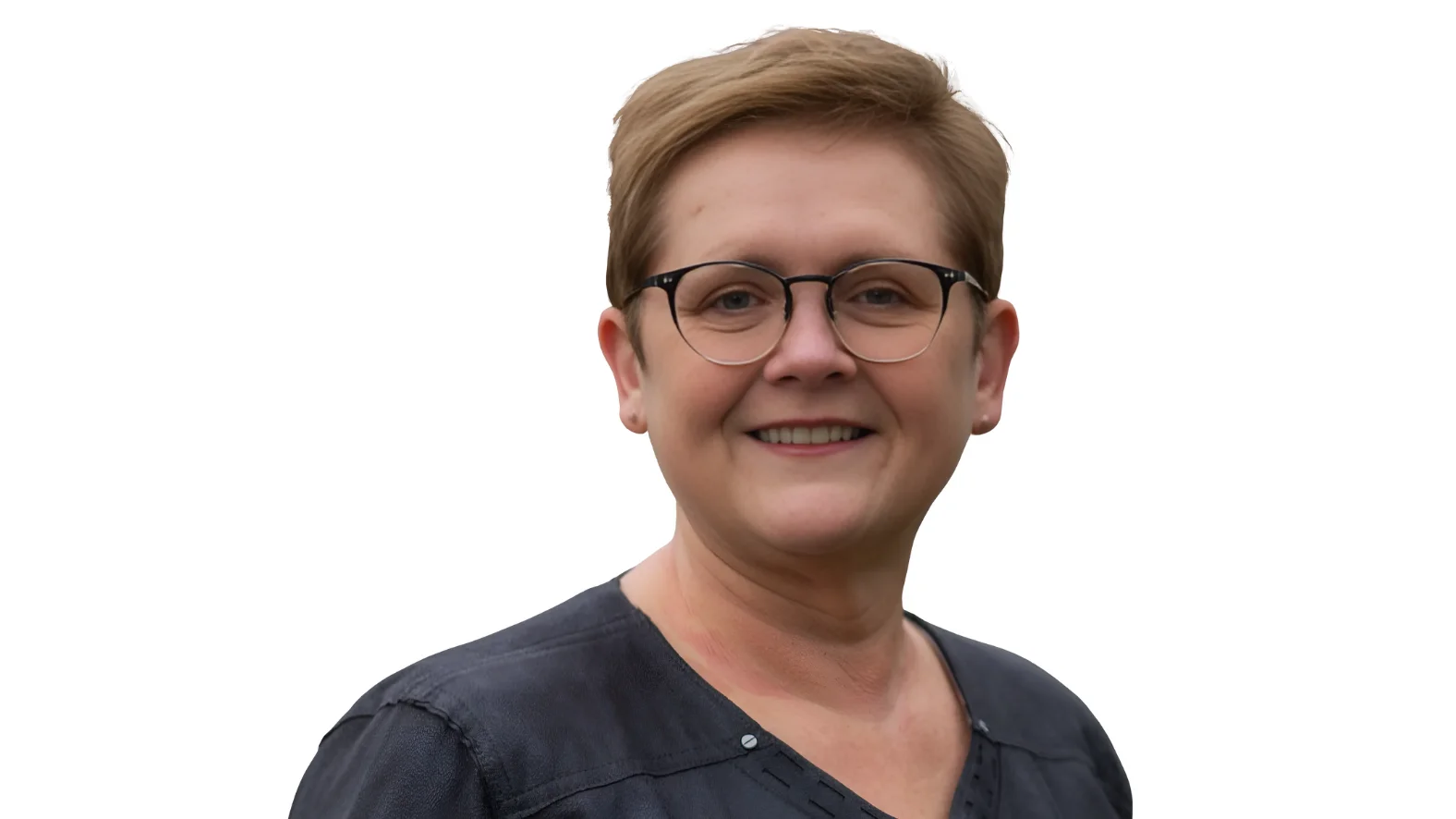Susan Corbin, Director at Bureau of Labor & Economic Opportunity | Bureau of Labor & Economic Opportunity
Susan Corbin, Director at Bureau of Labor & Economic Opportunity | Bureau of Labor & Economic Opportunity
The Michigan Women's Commission recently concluded a series of statewide discussions on menopause, with the final event held in Alpena and moderated by Mayor Cindy Johnson. These events aimed to provide women with a safe environment to share experiences about mid-life health and to address questions regarding menopause symptoms and treatments.
Susan Corbin, director of the Michigan Department of Labor and Economic Opportunity, commented on the importance of supportive workplace policies for women experiencing menopause. "When we create policies and workplace cultures that acknowledge and support women navigating menopause, we’re not only promoting health and dignity — we’re making a smart investment in our workforce and our economy,” said Corbin. “Supporting women at every stage of their careers helps retain experienced talent, boosts productivity and fosters workplaces where everyone can thrive. The return on that investment is healthier employees, stronger businesses and a more resilient economy for all."
Panelists at the Alpena event included Dr. Anna McKenney, OB/GYN at MyMichigan Health; Wynne Tezak, physical therapist and founder of Willow Tree Physical Therapy; and Kristine Spicer, Doctor of Pharmacy and owner of LeFave Pharmacy and Compounding.
Dr. McKenney highlighted gaps in medical education about menopause: "As an OB/GYN, I see women at many important phases of their lives and the lack of education on menopause for health professionals, including OB/GYNs, is one of the biggest things I would change about how society handles menopausal care,” she said. “We’re who the community turns to for help when their bodies begin to change and there’s no way for us to best help them if we’re left unaware. Some healthcare providers may teach themselves, but they shouldn’t have to. The Michigan Women’s Commission recommending more extensive training for health care professionals would be a groundbreaking step in caring for menopausal Michiganders.”
National data shows that women represent 51% of the U.S. population. Currently, around 75 million American women are in perimenopause, menopause or post-menopause stages; approximately 6,000 more enter menopause each day. A Mayo Clinic study estimated that annual worker productivity losses due to menopausal symptoms reach $1.8 billion in the United States while related healthcare costs exceed $24 billion.
Kristine Spicer emphasized the value of open conversation: "A Menopause is a time of chaos and it’s unfortunately incredible easy for women to gaslight themselves into thinking they’re alone in this journey,” she said. “Conversations like these are so important because they provide women not only with information and resource on a stage, they’ll be spending half of their life in but also gives them a safe space and sense of community where they don’t feel like they have to hide and shrink into themselves. Menopause is natural, let’s act like it!”
In 2024, the Michigan Women's Commission initiated a survey targeting women's experiences with menopause in workplaces across Michigan. The commission plans to use this data for an upcoming report containing recommendations for employers and policymakers aimed at fostering supportive work environments.
Cheryl Bergman, executive director of the Michigan Women’s Commission stated: "Addressing menopause in the workplace is essential to understanding the full scope of challenges women face across their careers and lives,” she said. “This work shines a light on an issue too often overlooked, yet one that directly impacts women’s health, economic security and professional growth. As part of our mission to review the status of women in Michigan, highlight critical issues and celebrate their contributions, the Menopause Movement is a vital step toward creating policies and workplaces that truly support women at every stage."
Earlier this year during Women’s History Month on March 12th Governor Gretchen Whitmer joined actress Halle Berry as well as Dr. Pauline Maki at another Michigan Women’s Commission event focused on raising awareness about insufficient research into menopause—a gap which can affect women's health outcomes.
These ongoing conversations by MWC are intended both to reduce stigma surrounding menopause through community engagement—including input from local policymakers—and advance policy solutions.
More information about the Michigan Women’s Commission can be found at michigan.gov/mwc.





 Alerts Sign-up
Alerts Sign-up